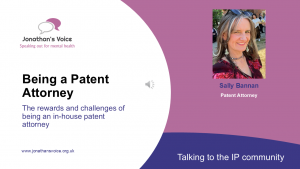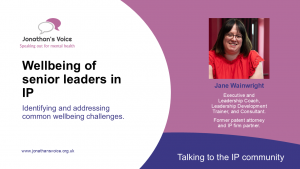Do we learn to base our self-worth on the ability to pursue and achieve unrealistically high standards?
In a recent article in the Guardian, clinical psychologist from Sydney, Barbara Rysenbry, writes that this is a question she has raised with some of her clients. Maybe if this is the case, she asserts, it could be time to take back control and to try being imperfect.
We so often hear from friends or colleagues about the need to be seen working late into the night or every weekend. This can be true especially when someone has been promoted or has joined a new team or department. Add to this mixture, the possibility of things not going well, for example problems with managing people or deadlines not being met, then the possibility of stress, anxiety and sleepless nights can become part of the person’s life. It may be that in striving for perfectionism we develop unrealistic expectations of both ourselves and others. Rysenbry goes onto to suggest that this quest for perfectionism can be a strategy for avoiding feelings such as shame, failure and embarrassment. Taking a step back and observing our thoughts but not getting caught up in them can take time and practice.
Perfectionism can be one of the hardest things to deal with when trying to perform to the expectations we, and maybe others, have set for us. How then can we ‘work with’ this notion of perfectionism? Perhaps we can carve out more space for the things we like to do or to spend time with those people who are important to us. We could also participate in mindfulness activities, where there is good research evidence to suggest its benefits on emotional well-being. Her article concludes by suggesting that by controlling our actions and the values we choose to live our lives by is a simple and empowering way to build our self-worth and not to work too hard.
This is such good advice but in many people’s experience it is not that simple to achieve. That doesn’t mean we should give up trying! Jonathan’s Voice has produced a guide to mental health and wellbeing that suggests some strategies that might help https://jonathansvoice.org.uk/resources and the NHS has very useful resources https://www.nhs.uk/mental-health/self-help/guides-tools-and-activities/ and don’t forget the five ways to well-being https://www.mind.org.uk/workplace/mental-health-at-work/taking-care-of-yourself/five-ways-to-wellbeing/ are always worth revisiting.









